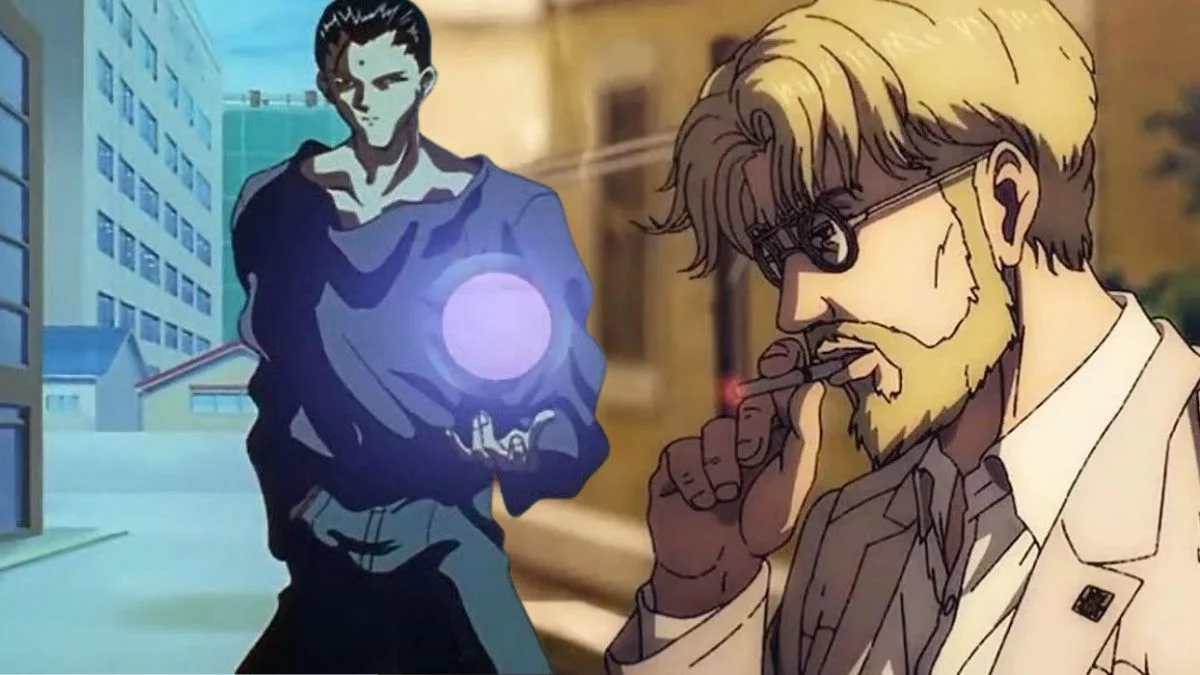
The most compelling anime villains aren’t simply evil; they’re complex characters with understandable, though not necessarily excusable, reasons for their actions. These villains have backstories and beliefs that explain their choices, but the story also ensures we don’t condone the harm they cause. Here are some unforgettable antagonists who inspire a degree of empathy, even as their actions rightfully provoke opposition. For each villain, we’ll also mention the anime series and animation studio behind their creation.
Zeke Yeager
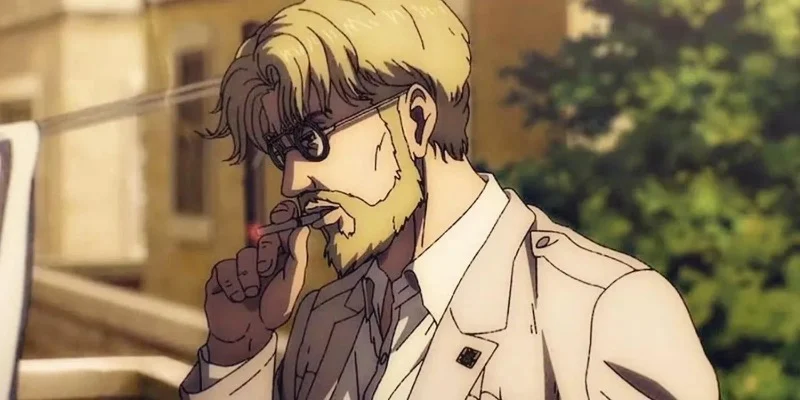
As a huge ‘Attack on Titan’ fan, I’ve always been fascinated by Zeke. The show does a brilliant job of explaining why he comes up with this crazy plan to, essentially, wipe out Eldians. It’s all rooted in a really messed up childhood – he was brainwashed by propaganda and pushed hard by his parents. The animators, first Wit Studio and then MAPPA, use these stark, powerful flashbacks to show us how a lonely, isolated kid slowly became convinced he was doing the right thing by ending all suffering. What’s really clever is that even though they show us his tragic backstory and all the awful things that happened to him, the series never lets you excuse his actions. They detail all the betrayals and the massive loss of life he causes, making it impossible to agree with his philosophy, even while understanding where it came from. They really nail that complexity.
Nagato
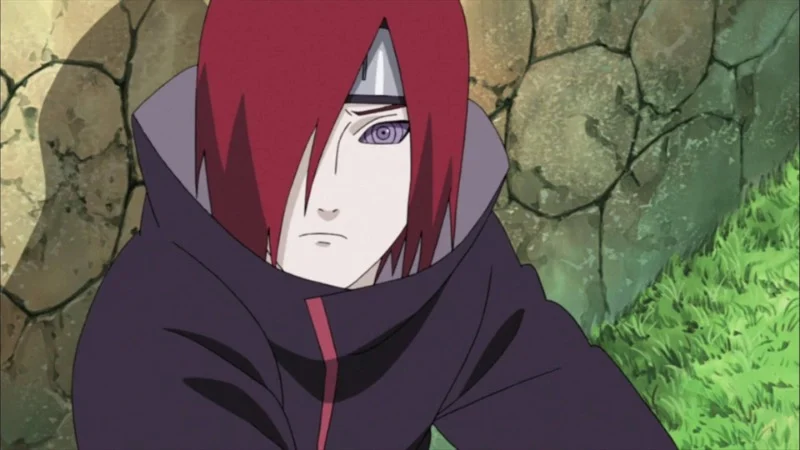
‘Naruto Shippuden’ explores how Nagato transforms from a hopeful child into the formidable leader known as Pain. The series uses peaceful moments in his hometown to explain why he becomes so extreme. Witnessing the deaths of his friends and constant warfare leads him to believe that forcing peace is the only solution, but his attack on Konoha reveals that his methods are actually more destructive. The show presents his reasoning while never letting us forget the terrible human cost of his actions.
Scar
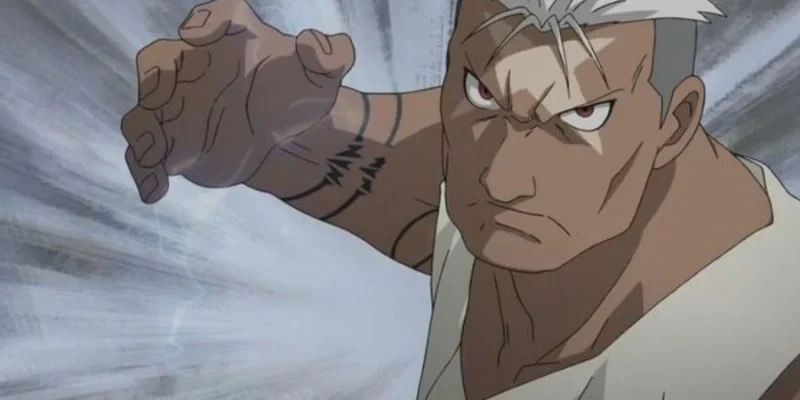
In ‘Fullmetal Alchemist: Brotherhood’, the character of Scar is portrayed as someone deeply affected by government oppression, leading him to seek revenge on alchemists whom he sees as responsible for the destruction of his people. The tattoos on his arm and his Ishvalan background represent a lost culture, fueling his desire for vengeance. The series carefully shows the consequences of his actions, making it clear that his quest isn’t about justice. While he eventually works alongside the main characters, the story doesn’t excuse his past violence, but rather acknowledges the ongoing cycle of harm.
Meruem

‘Hunter x Hunter’ beautifully develops Meruem’s story, carefully showing his transformation from a ruthless hunter into someone capable of compassion. His relationship with Komugi starts to challenge his belief that he is superior to everyone else. The story always remembers the violence he used to gain power and the danger his growing abilities present to humans. While his final decisions are touching, his time as ruler caused immense destruction that can’t be ignored.
Isabella
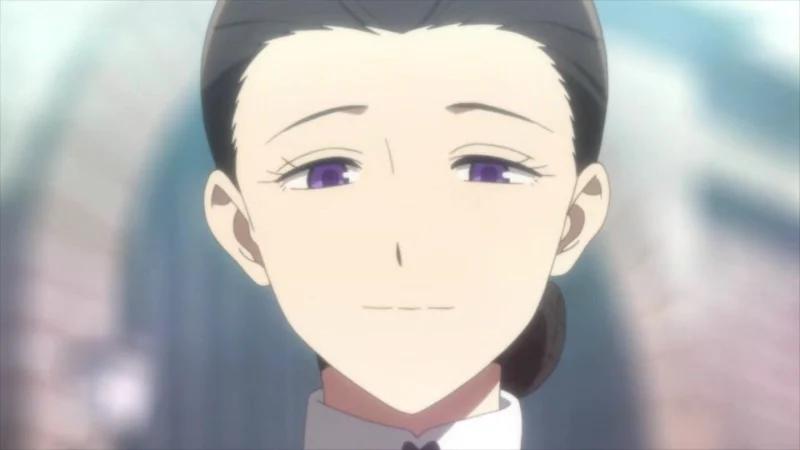
I’m really fascinated by Isabella in ‘The Promised Neverland.’ The animators at CloverWorks do such a great job of showing how sweetly she smiles, even while she’s being so cruel – it really highlights how she’s just a product of the system. Learning about her own childhood, being raised as a child for harvest herself, explains why she acts the way she does. The show doesn’t shy away from showing her vulnerable side in quiet moments, but it doesn’t make you forgive her actions, it just makes them understandable. Ultimately, she’s still an antagonist because she’s committed to keeping the farm going, even if it means hurting the kids.
Gendo Ikari

In ‘Neon Genesis Evangelion,’ Gainax and Studio Khara portray Gendo as a father driven to extreme sacrifice in pursuit of a reunion that’s ultimately impossible. The show highlights his emotional detachment through stark settings and impersonal communication, while also revealing the source of his pain through flashbacks. Though his motivations – a desperate longing – become clear, his actions still result in immense destruction.
Kyubey

In ‘Puella Magi Madoka Magica,’ Kyubey is presented as a seemingly cheerful representative of a cold, calculating philosophy. He logically explains the harsh realities of magical contracts and the universe, all while maintaining a cute and enigmatic appearance. As the story unfolds, it becomes increasingly clear how purely business-like the agreements with magical girls are. Learning the truth behind their mission doesn’t make the process any less cruel.
Shogo Makishima
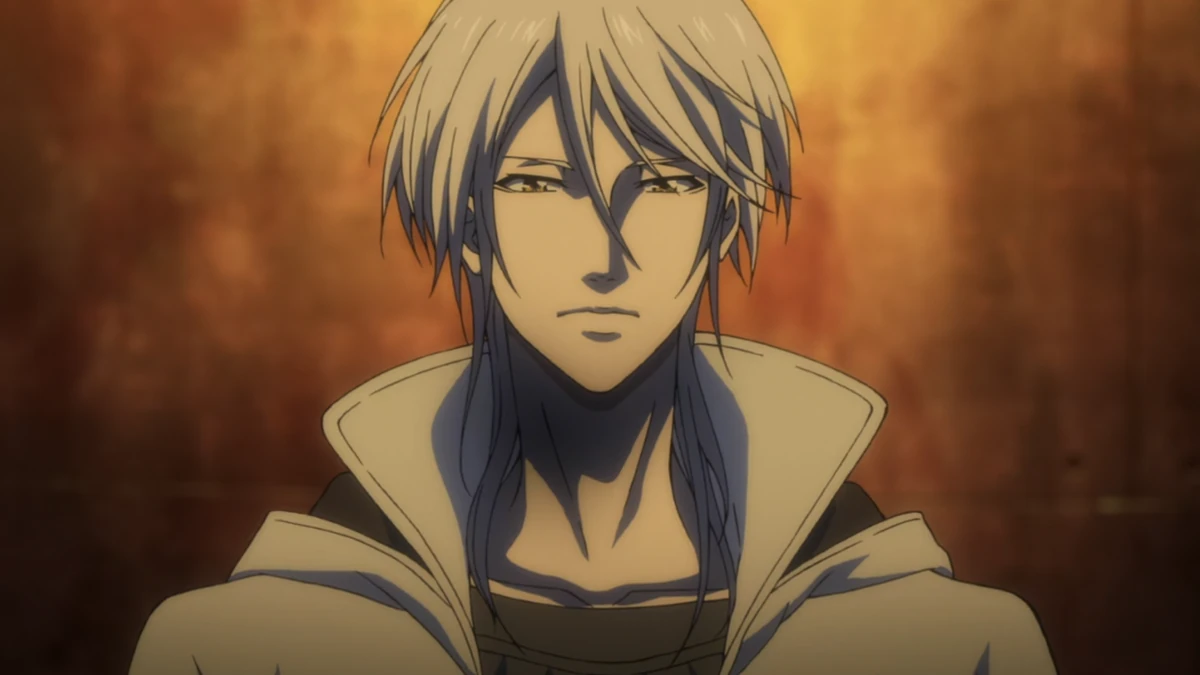
In ‘Psycho-Pass,’ Production I.G portrays Makishima as a sophisticated critic of the controlling society around him, but he ironically uses the system’s weaknesses to his advantage. He exposes flaws in the Sibyl System by carefully planning crimes that push the boundaries of the law. However, his actions cause suffering to others, and despite making a compelling argument, his methods ultimately mark him as a villain.
Reiner Braun

In ‘Attack on Titan,’ Wit Studio and MAPPA powerfully portray Reiner as a soldier torn between his upbringing and the pain he inflicted on those he considered friends. The story vividly shows the internal toll of living a double life, depicting his guilt and detachment. We see the consequences of his actions – every life lost is acknowledged – but the narrative doesn’t ask us to excuse the destruction he caused, only to understand his breakdown.
Stain

In ‘My Hero Academia,’ the villain Stain is presented as someone who strongly criticizes the fame and superficiality of professional heroes, and he takes extreme action based on these beliefs. His views resonate with the audience because the series reveals how shallow the motivations within hero society have become. While his attacks are brutal, causing lasting injuries to specific, named characters, the show doesn’t excuse his violence or portray him as a hero himself – it simply acknowledges the validity of his criticisms.
Yoshikage Kira
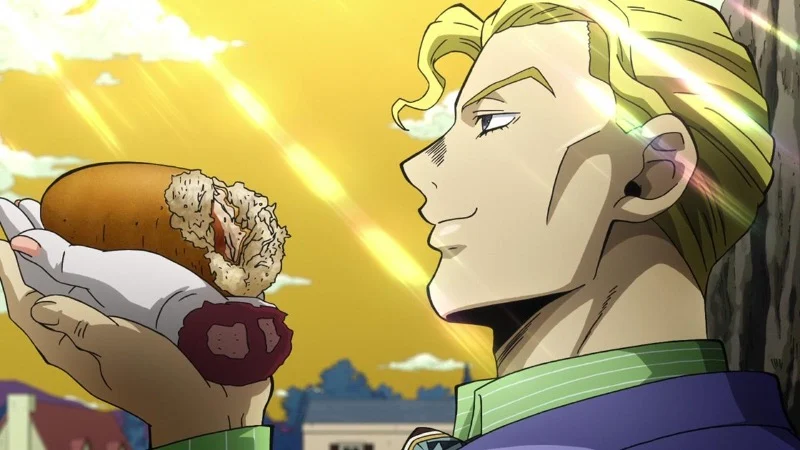
In ‘JoJo’s Bizarre Adventure: Diamond is Unbreakable,’ David Production portrays Kira as a serial killer who simply wants a peaceful, undisturbed life. He meticulously constructs a normal facade and routine, revealing an obsession with fitting in rather than dominating others. The show doesn’t shy away from depicting his murders in detail, leaving no question about the horror of his actions. While the series explores his desire to remain unnoticed, it never minimizes the monstrous nature of his crimes.
Akito Sohma
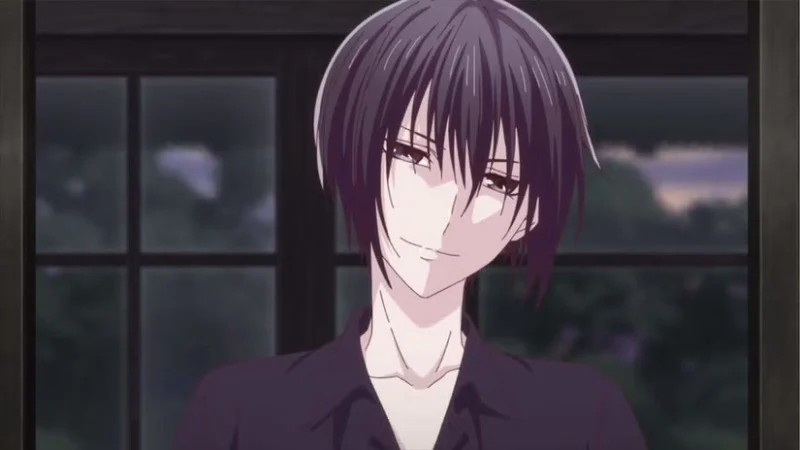
In the anime ‘Fruits Basket,’ TMS Entertainment portrays Akito as the leader of a family burdened by a curse that repeats a cycle of pain. The series uses flashbacks to reveal how Akito’s own experiences with loneliness and fear led to her becoming controlling and abusive. The story honestly depicts the harm she causes and the difficult journey she faces in taking responsibility for her actions. While the anime explores the reasons behind her behavior, it makes it clear that understanding doesn’t excuse it.
Ryo Asuka
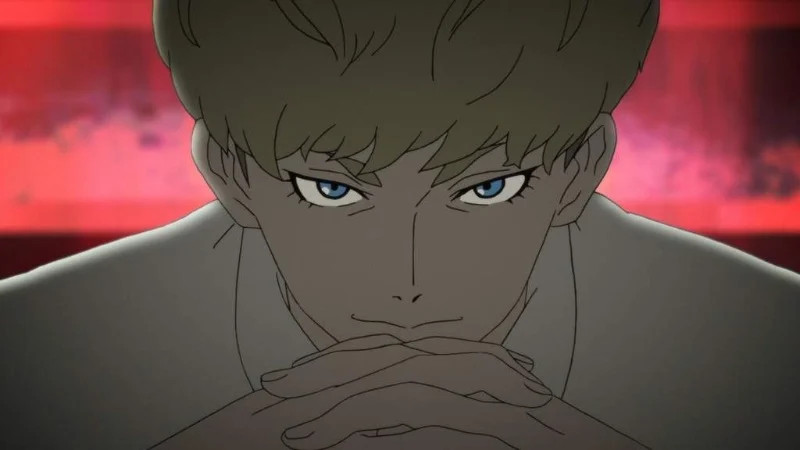
Science SARU’s ‘Devilman Crybaby’ introduces Ryo, a longtime friend whose quest for understanding ultimately leads to a world-ending catastrophe. The series portrays his loneliness and inquisitive nature with deep empathy, making his decisions feel unavoidable. The devastating consequences of his actions unfold on a global scale, directly stemming from his plans. While his personal tragedy is apparent, the resulting outcome is ultimately indefensible.
Squealer

In the anime ‘From the New World,’ Squealer is portrayed as a revolutionary leader fighting for his people’s freedom against powerful, psychic humans. Through flashbacks and courtroom drama, the series reveals a long history of oppression that fuels his rebellion. The show doesn’t shy away from depicting the brutal realities of this conflict, including terrible acts committed by both sides. While his motivations are clear and relatable, Squealer’s methods are often disturbing and difficult to condone.
Shinobu Sensui
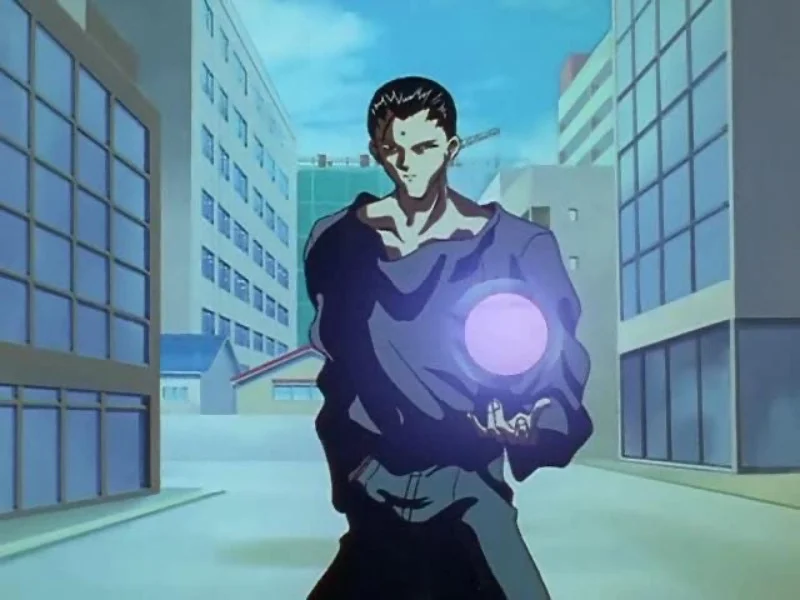
In ‘Yu Yu Hakusho,’ Studio Pierrot portrays Sensui as a once-dedicated Spirit Detective who was deeply scarred by the dark things he experienced. His multiple personalities and extreme beliefs aren’t about seeking power – they’re a result of intense trauma. The story carefully shows the cost of his plan, tracking every life put at risk by the portal he wants to create. While his suffering is genuine, his actions threaten everyone around him.
Tell us about villains you found fascinating and thought-provoking, even if you didn’t agree with their actions, in the comments below.
Read More
- 39th Developer Notes: 2.5th Anniversary Update
- Live-Action Movies That Whitewashed Anime Characters Fans Loved
- Shocking Split! Electric Coin Company Leaves Zcash Over Governance Row! 😲
- Celebs Slammed For Hyping Diversity While Casting Only Light-Skinned Leads
- The Worst Black A-List Hollywood Actors
- Quentin Tarantino Reveals the Monty Python Scene That Made Him Sick
- TV Shows With International Remakes
- All the Movies Coming to Paramount+ in January 2026
- Game of Thrones author George R. R. Martin’s starting point for Elden Ring evolved so drastically that Hidetaka Miyazaki reckons he’d be surprised how the open-world RPG turned out
- Gold Rate Forecast
2025-11-09 19:18